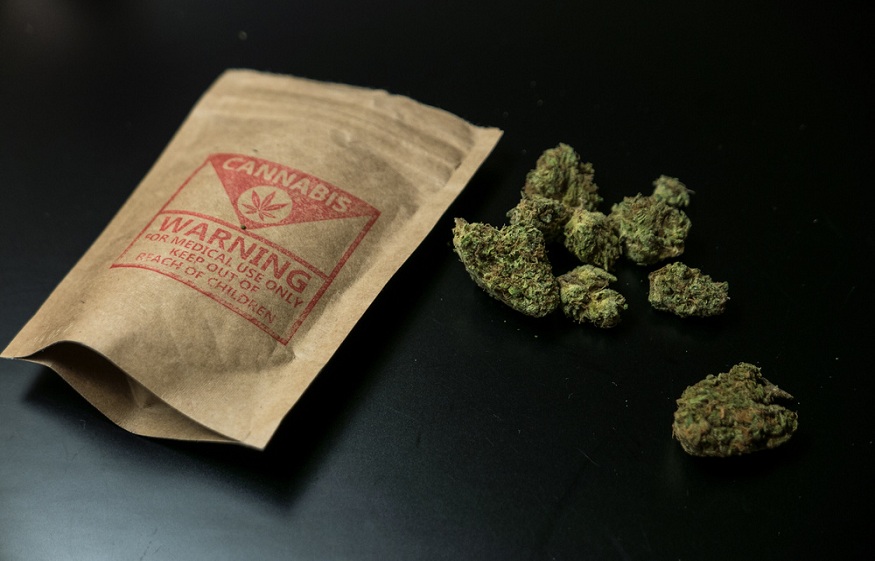Plan to visit a cannabis dispensary in California and you had better be prepared to show your ID. State law requires dispensary owners to check IDs before allowing patrons into the main part of the store. And apparently, they comply at a rate of 100%. That is no accident. There is a very good reason cannabis retailers do not take any chances with ID.
Researchers from the University of Chicago, the University of Minnesota, and the Insurance Institute for Highway Safety just published the results of their compliance study among California cannabis retailers. The results mirrored what they found in Colorado and Washington state.
So what’s the deal? Cannabis retailers already walk a thin line. They are already skirting federal law with the understanding that federal officials could change their mind about enforcement any time they wanted. As such, they do not want to take any chances. State laws mandate that they check IDs, so they do.
Fines and Jail Time
In California, the law allows for a $500 fine and up to six months in jail for a first offense of selling marijuana to a minor. The penalties only go up from there. In addition, the establishment can lose its license to sell marijuana and face fines of its own. California retailers are especially wary because state law allows local police to use minors to test compliance.
At least fifty randomly selected marijuana outlets were tested by researchers in California. The researchers sent adults who appeared too young to purchase to the locations. Every one of them requested ID before allowing entry.
In Medical States, Too
The researchers only looked at recreational cannabis dispensaries in those three states. But a similar situation occurs in medical states, too. Take Utah. In the Beehive State, a medical cannabis patient must possess a valid medical cannabis card just to enter a pharmacy. No card means no entry.
At the Deseret Wellness pharmacy in Park City, there is always someone standing by to check cards. Patients need to produce both their cards and a photo ID. And in the case of an adult purchasing cannabis for a minor, the adult must have their own medical cannabis card as well as the child’s.
In every case, the intent is the same. ID laws exist to ensure that cannabis is not being sold to people unauthorized to use it. It is no different than requesting ID for cigarettes or tobacco. Does that mean minors are not getting their hands on cannabis in California? No. They can still purchase black market weed just like they can still get their hands on alcohol.
Minding the Store Legally
The situation with recreational cannabis is not ideal. Conflicting laws and differences of opinion continue making marijuana a difficult topic to deal with. But at least state-legal operators appear to be minding the store from a compliance standpoint. They are doing what the law requires of them, that much we can agree on.
Retailers have every reason to keep things on the up and up. If they want any hope of competing against black market sellers, they cannot afford to have local law enforcement breathing down their necks. So it’s really a matter of survival. Break the law and they will not survive.
It would be interesting to know if retailers across the country are as compliant as those in California, Colorado, and Washington. There is no reason to believe they wouldn’t be, but it would still be nice to know. If we can get 100% compliance on checking IDs at the dispensary, why can’t we achieve that sort of compliance elsewhere?



